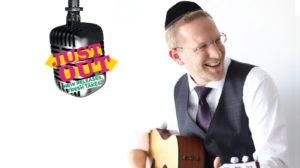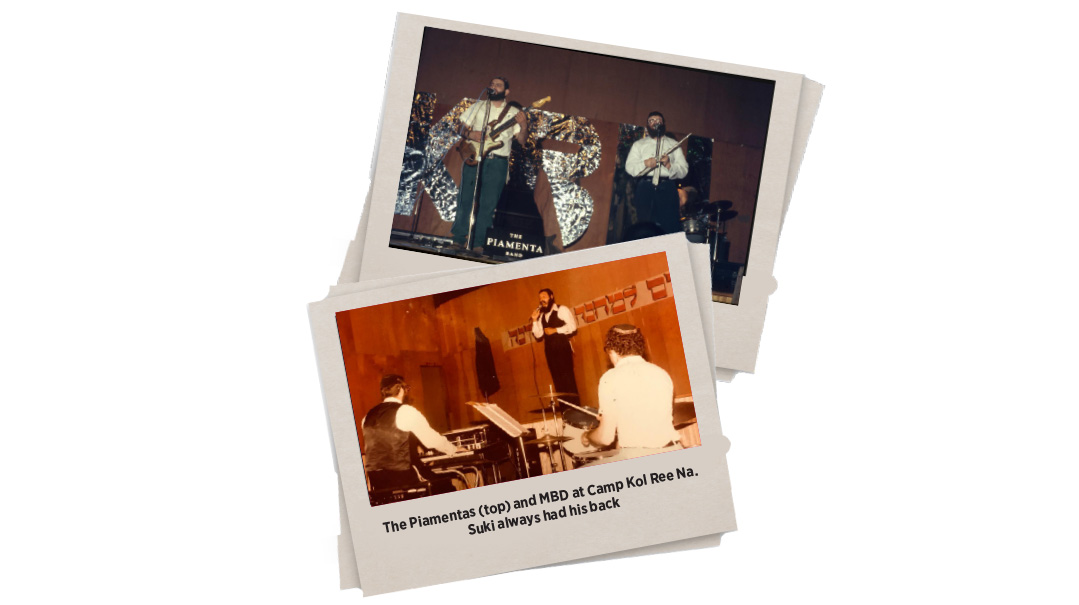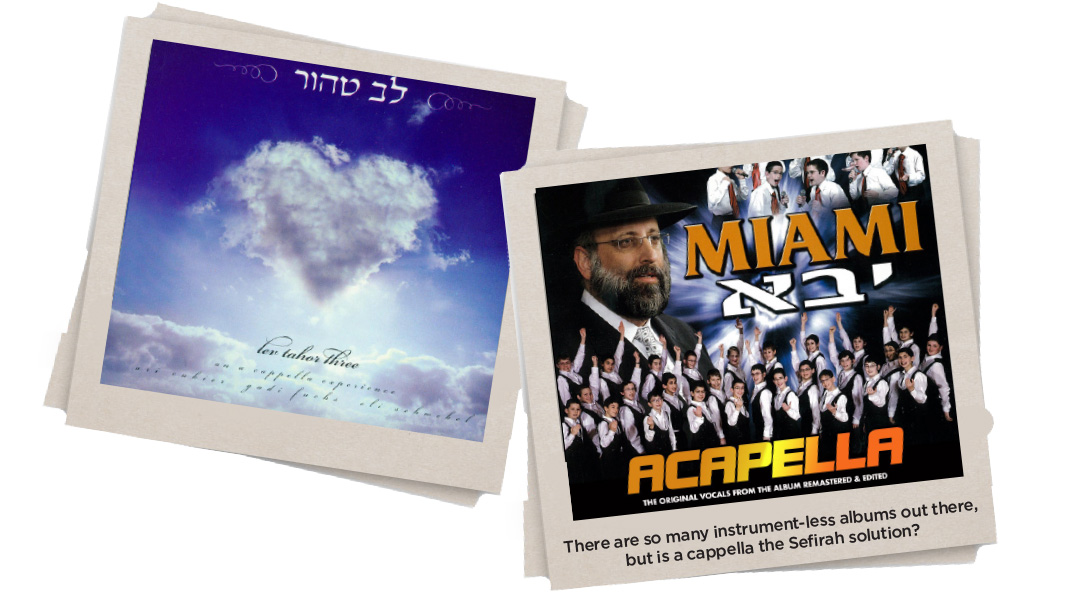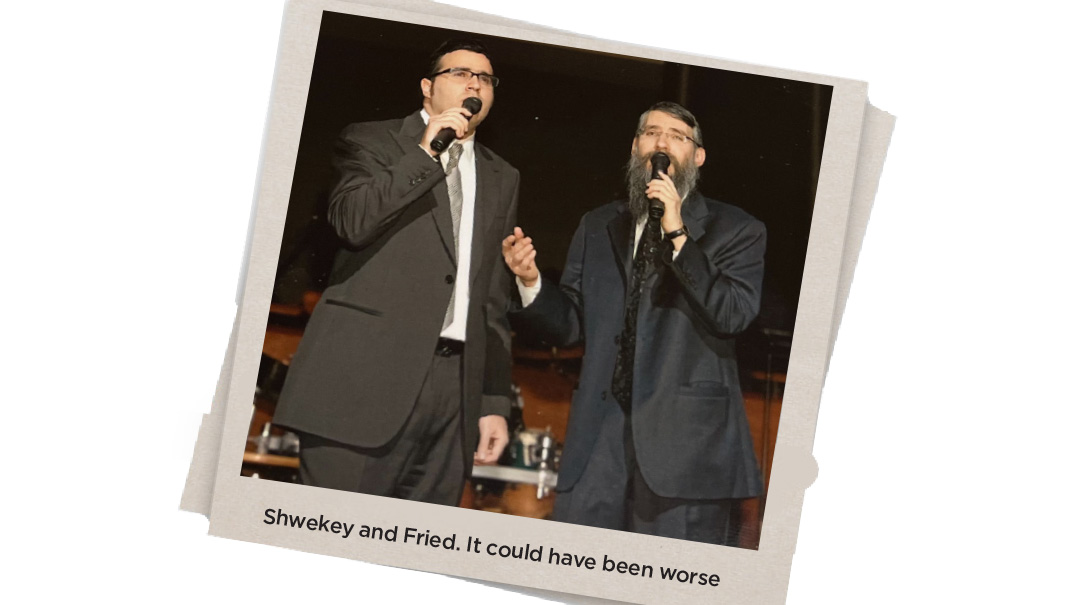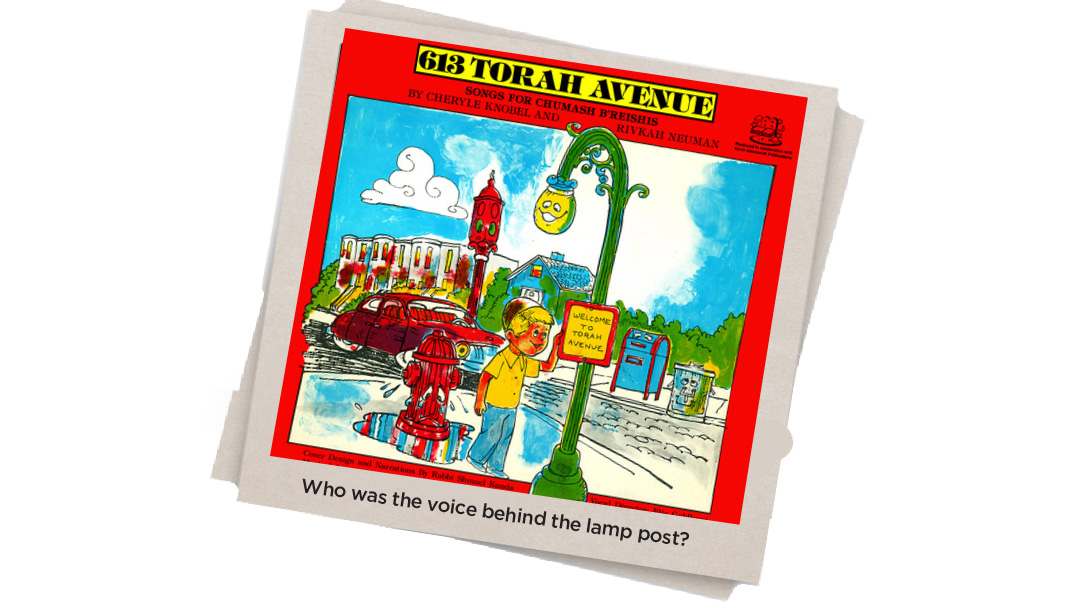To Hear Your Voice

In lieu of rent, Yossele would come up every Friday night and sing zemiros. My grandfather always said, “I got the better end of the deal”
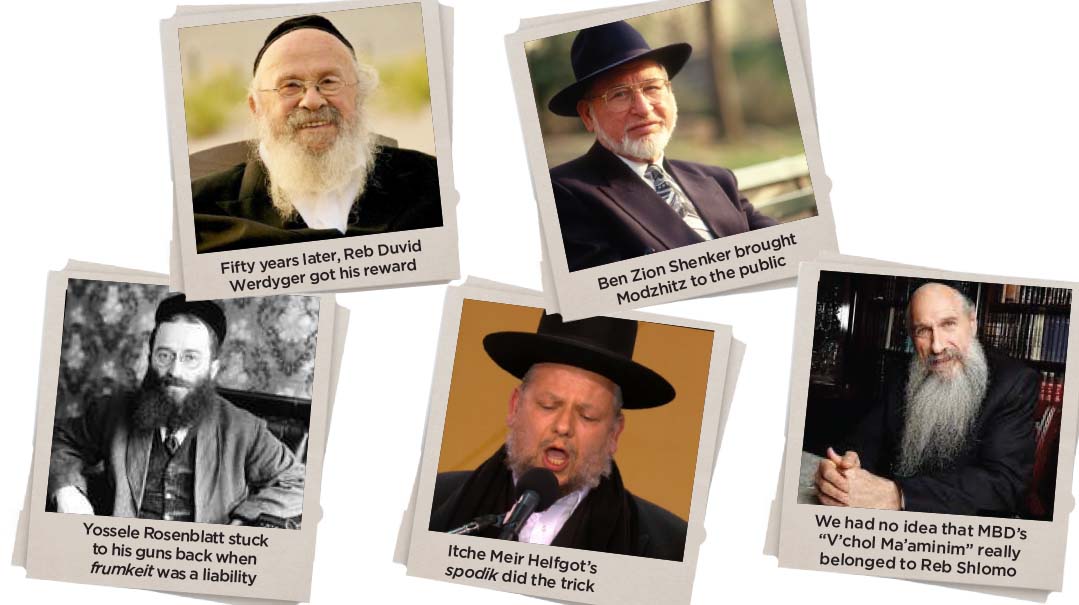
While it’s not proper for a chazzan to draw out the davening for the personal joy of having his voice heard, as stated in the Shulchan Aruch, the sheliach tzibbur is tasked with motivating the mispallelim, and he’s expected to be a person of sterling reputation and humility, have a good voice, and most important, be a devoted shomer Torah u’mitzvos.
One such person — a fine, erliche Yid whose name always comes up when speaking of great chazzanim — is, of course, Yossele Rosenblatt a”h. Yossele lived on the Upper West Side in Manhattan, in a building my grandfather owned and lived in. During the Great Depression, when there was no money to be had, in lieu of rent, Yossele would come up every Friday night and sing zemiros. My grandfather always said, “I got the better end of the deal.”
At the tender age of 18, young Yossele became the chief cantor of Pressburg, beating out 56 other hopeful candidates. He had a magnificent tenor voice, extraordinary range, perfect pitch, and could read the most difficult musical scores. Most of his repertoire was his own compositions, which were significantly influenced by his chassidish background. Yossele’s commitment to Yiddishkeit, as many know, was unshakable.
In the 1920s, the Chicago Opera contacted him and offered him a position. In order to sweeten the deal, they told him he could retain his beard, not work on Shabbos or Yom Tov, have kosher food made available to him, and would not have to perform with women. Even so, Yossele turned them down. Finally, they offered him an exorbitant amount of money, to which he replied, “I don’t think the shul where I daven, Ohab Zedek of the West Side, would be pleased with me singing at the opera.” To which the head of the Chicago Opera replied, “What if I contact the president of the synagogue and ask him if he’d be okay with this arrangement?” Yossele responded begrudgingly that he would agree to that. Yossele hung up from the opera and quickly called Moritz Newman, then the president of Ohab Zedek, and begged him to tell the opera house that he wouldn’t permit it. At a time when frumkeit was considered a liability, the famous joke was that someone once asked Yossele Rosenblatt why he charges so much for davening on the Yamim Noraim. “Because,” he replied, “I daven the shtiller Shemoneh Esreh too.”
Over the Top
A chazzan’s job is to instill within his congregation the seriousness of the Yamim Noraim. And who was better at that than a truly special Yid, Chazzan Duvid Werdyger? Chazzan Werdyger a”h was a survivor of eight different concentration camps, and reported how once, he was in a line of people who were systematically being shot dead. The Nazi soldier in charge of the killings said to him, “Tell me one reason why you deserve to live. What can you do?” Young Duvid replied, “I’m a singer.” The Nazi replied, “Sing me the song Jews sing at Jewish funerals.” So Duvid Werdyger stood there in line singing Keil Malei Rachamim, and his life was spared that day. Fifty years later, Reb Duvid sang the Keil Malei Rachamim at Madison Square Garden for the 10th Siyum HaShas.
When Reb Duvid arrived in the United States, he was offered a job in Rabbi J. J. Hecht’s shul in East Flatbush. After Yom Kippur, Rabbi Hecht invited him back for the next year, but told him, “Don’t come back until you make a record.” He felt that Reb Duvid’s voice was too beautiful to only be heard by his congregants. It was Rabbi Hecht’s suggestion that presented the opportunity for so many great chassidish rebbes to have their niggunim become popular. Reb Duvid put out records of the niggunim of various chassidic courts, including Gur, Melitz, Skulen, Bobov, Boyan, and more. He produced over 25 albums and sold close to a million copies.
We can’t talk about true, erliche chazzanim, without mentioning the venerated Reb Ben zion Shenker a”h, who spread Modzhitz niggunim worldwide and institutionalized some of his own compostions (think Eishes Chayil and Mizmor L’David). Another was Reb Manis Mandel a”h, the founder of Yeshiva of Brooklyn, who was known as “the father of yeshivish davening.” Reb Aaron Schwebel a”h (singer Rivi Schwebel’s father) was the baal tefillah of the Agudah of Boro Park for many years, and had a perfect blend of nusach and singing. There is Chazzan Benzion Miller, who still packs Congregation Beth El every time he davens there. Then there’s Rav Shmuel Brazil (veteran composer of “Regesh” fame and more), who led the Sh’or Yoshuv davening for many years and is now a baal tefillah in his own yeshivah, Zeev Hatorah, in Jerusalem.
Another wonderful discovery in this generation has been Chazzan Itche Meir Helfgot from Israel. When Itche Meir went to audition at Park East Synagogue, a close friend advised him to “leave your spodik at home.” He ignored the suggestion, and the next week, when the president of Park East Synagogue called him back to tell him he had gotten the job, he said, “Your voice is amazing. But it was the spodik that put you over the top.”
Backstage Deal
Going into Rosh Hashanah, I can’t neglect to mention the history of Mordechai Ben David’s V’chol Ma’aminim album. The year was 1978, and Suki and I were in Yeshivas Itri, although we had an agreement that we wouldn’t talk business during the yeshivah zeman (we’d already put out one album, and Suki was an accomplished musician who’d played for a lot of performers). It was the last Motzaei Shabbos before we’d be heading home for Pesach and the beis medrash was empty because the Israeli bochurim had gone home for Shabbos. Suki sat about five rows in front of me and, totally out of character, turned to me and said, “Did you hear that niggun that they sang at Shalosh Seudos? What a great song!” I told him I hadn’t been there and asked which song he was referring to. He started to sing what is now known as “V’chol Ma’aminim.”
At 9 p.m. the seder was over, and as we were leaving the beis medrash, someone told us that MBD was doing a concert that evening in Binyanei Ha’umah. We decided to get into a taxi and join the festivities, and when we arrived, we figured we’d try a shot at the backstage door. We expected a guard to answer and throw us out, but Mordechai Ben David himself opened the door, telling us that he was just waiting for his turn to go onstage. He was happy to see us though — Suki had played for him on occasion — and as we crowded in, Suki found a piano and asked Morcechai if he’d like to hear a special niggun. He began playing the tune he’d heard in yeshivah just a few hours earlier — and MBD was blown away by the melody. So I took a chance and said, “I’ve always dreamed of making an album that features the most popular Yamim Noraim niggunim. Would you be interested in making that type of album with us?” At that point, they called MBD, letting him know he was going on in five minutes. By the time he went on stage, we had worked out all the technical and business aspects of the deal, on our way to creating the vintage album we all know today as V’chol Ma’aminim. And we took that great niggun and imposed the words “V’chol ma’aminim sheHu chai vekayam…” for the title track.
Right after the album came out, we learned that the niggun we’d put to “V’chol Ma’aminim” had actually been written by Shlomo Carlebach as “Tov L’hodos L’Hashem.” Soon after, I bumped into Reb Shlomo one morning on the West Side and promptly pulled out my checkbook and handed him a check for the song, apologizing for not giving him credit on the album. I told him I had no idea it was his song. He gave a little laugh and said, “I’ll let you in on a secret. I didn’t know either. I composed that song ten years ago, and I’d completely forgotten about it. Thanks for reminding me, and thanks for the check.”
A gut gebentshted yohr!
(Originally featured in Mishpacha, Issue 876)
Oops! We could not locate your form.






